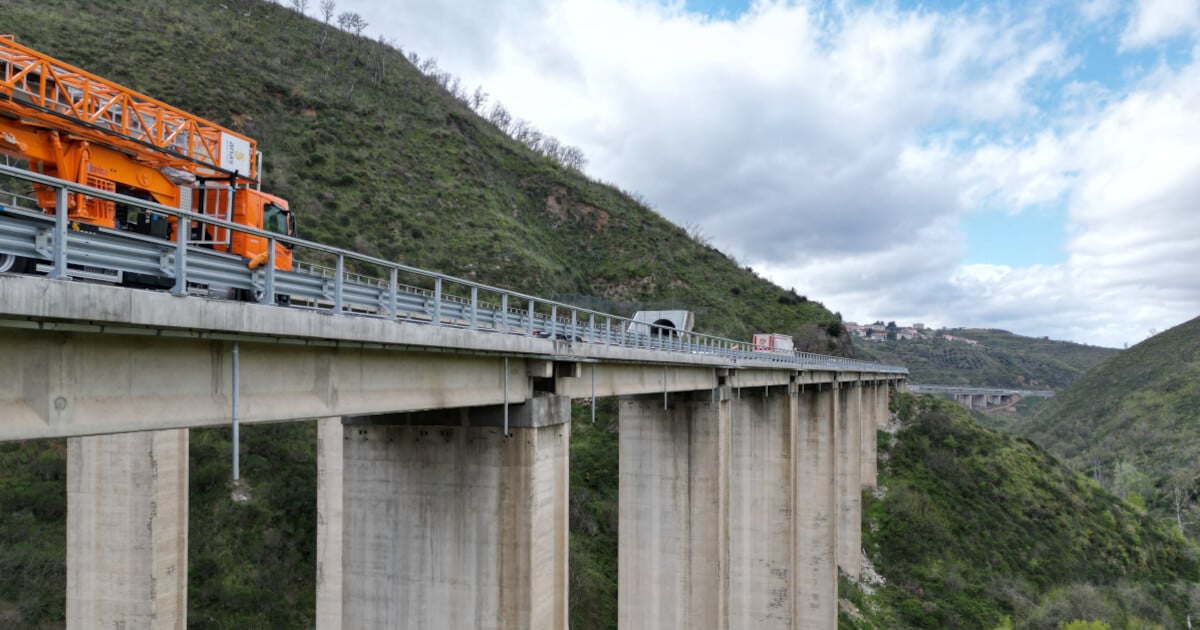Digitalization is spreading and slowly conquering our streets. But it will take some time before the dazzling visions of comprehensive Smart Streets become reality.
Making traffic safer and more comfortable, maintenance more needs-based and more efficient - these are the goals of so-called Smart Streets. Numerous research institutes, companies and cooperations are currently working on the development of solutions for such intelligent roads. Among the largest of these are probably the Smart Street Project in the United Kingdom, which has been running since 2013 and involves various universities, cities and companies; the German research project Smart Streets with the participation of the Fraunhofer Institute; and a recently launched Swedish project in which two universities (KTH, Chalmers), a research institute and three large construction companies are cooperating. At the heart of all these projects is one thing above all else: communication.
All networked
The basis for truly intelligent roads as a comprehensive system, as envisaged by these projects, is an extensive networking of the various road elements. The Fraunhofer Institute lists the following: "Mobile terminals, wearables of pedestrians, networked cars, autonomous vehicles, delivery robots, drones, networked street furniture from the digital display board to the sensor-monitored trash can and the sewer system". The networking of all these elements is to be achieved via a continuous Internet of Things (IoT) infrastructure with corresponding transmission standards (Bluetooth LE, NoRa, LiFi).
In practice, a smart car equipped with sensors could send data to an IoT gateway in the form of a street lamp. This in turn evaluates the data for certain characteristics such as dangers and, for example, warns vehicles approaching a danger zone in communication with other such gateways. Similarly, road damage could be registered and maintenance initiated. In the ideal case, repairs could be reduced to actual requirements and expensive, generalized maintenance could be avoided. Power for traffic lights and street lighting could also be saved by smart, demand-oriented switching.
Start small
How long we will have to wait for such comprehensive systems depends on how quickly a digital infrastructure is created. Germany in particular has not exactly shone in terms of network expansion. And then, of course, a Smart Street system must function absolutely smoothly in order to guarantee the safety of road users. In the short term, therefore, smart traffic is unlikely. The Federal Highway Research Institute in Cologne, for example, is working on how hot asphalt can generate electricity in summer - or how roads can heal themselves by induction thanks to magnetic particles in bitumen. Not bad either.
_klein_NEU2.jpg)





